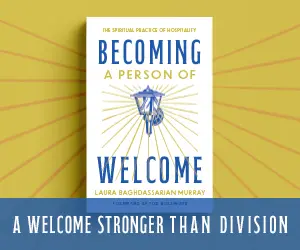
Today is the birthday of social critic and media ecologist Neil Postman…
In his most prominent book Amusing Ourselves to Death (1985), Postman described vividly the crumbling capacity for conversation in American society, a reality that has only expanded in the 30+ years since this book was published.
[ Martin Buber on the Virtues of Conversation ]
Here are 5 important passages from Amusing Ourselves to Death on the breakdown of conversation…
Understanding
Instead of Emotivism
It would be a serious mistake to think of Billy Graham or any other television revivalist as a latter-day Jonathan Edwards or Charles Finney. Edwards was one of the most brilliant and creative minds ever produced by America. … [Edwards] did not speak to his audiences extemporaneously. He read his sermons, which were tightly knit and closely reasoned expositions of theological doctrine. Audiences may have been moved emotionally by Edwards’ language, but they were, first and foremost, required to understand it. … Unlike the principal figures in today’s “great awakening” – Oral Roberts, Jerry Falwell, Jimmy Swaggart, et al. – yesterday’s leaders of revivalist movements in America were men of learning, faith in reason, and generous expository gifts. Their disputes with the religious establishments were as much about theology and the nature of consciousness as they were about religious inspiration.
- pages 54-55
<<<<<< PREV. PAGE | NEXT PAGE >>>>>
PAGE 4 of 5
 Reading for the Common Good From ERB Editor Christopher Smith "This book will inspire, motivate and challenge anyone who cares a whit about the written word, the world of ideas, the shape of our communities and the life of the church." -Karen Swallow Prior Enter your email below to sign up for our weekly newsletter & download your FREE copy of this ebook! |
 Understanding Christian Nationalism [A Reading Guide]
Understanding Christian Nationalism [A Reading Guide] |
 Most Anticipated Books of the Fall for Christian Readers! Most Anticipated Books of the Fall for Christian Readers!
|
 Hilarious One-Star Customer Reviews of Bibles Hilarious One-Star Customer Reviews of Bibles |




![Georges Bernanos - Diary of a Country Priest [Conversation] Georges-Bernanos](https://englewoodreview.org/wp-content/uploads/2023/07/Georges-Bernanos.jpg)


















